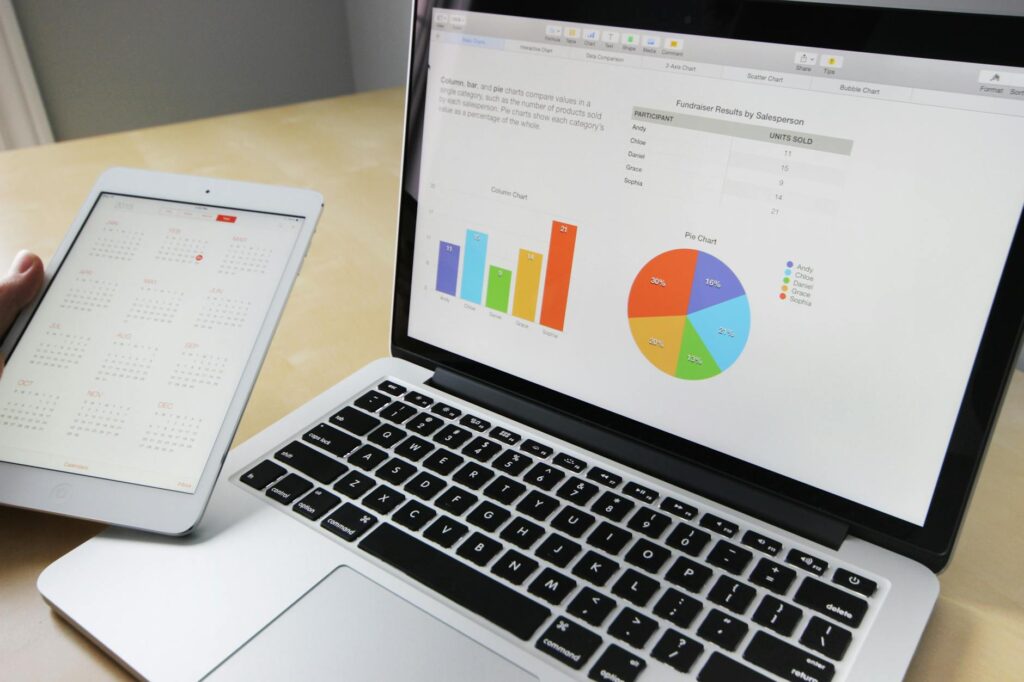Financial literacy is a crucial skill set that empowers individuals to navigate the complex world of personal finance with confidence and competence. Whether you’re aiming to improve your budgeting skills, reduce debt through debt relief programs, or plan for retirement, a financial literacy program can provide the guidance and resources you need to achieve your financial goals. In this article, we’ll delve into what you can expect from participating in a financial literacy program and how it can benefit you in the long run.
Understanding Financial Literacy
Financial literacy encompasses a wide range of skills and knowledge related to managing money effectively. From understanding basic financial concepts to making informed decisions about investments, insurance, and retirement planning, financial literacy equips individuals with the tools they need to achieve financial stability and security.
The Role of Financial Literacy Programs
Financial literacy programs are designed to educate individuals on various aspects of personal finance and provide them with the skills and resources necessary to make sound financial decisions. These programs may be offered by government agencies, non-profit organizations, financial institutions, or educational institutions, and they typically cover topics such as budgeting, saving, investing, debt management, and retirement planning.
What to Expect from Financial Literacy Programs
When you participate in a financial literacy program, you can expect to:
- Gain Knowledge and Skills: Financial literacy programs provide participants with a solid foundation of financial knowledge and practical skills that can be applied to real-life situations. Whether you’re learning how to create a budget, manage debt, or plan for retirement, you’ll acquire valuable insights and tools to help you take control of your finances.
- Access Resources and Tools: Financial literacy programs often offer a wealth of resources and tools to support your financial education journey. These may include online courses, workshops, educational materials, calculators, and interactive tools designed to enhance your understanding of key financial concepts and practices.
- Receive Personalized Guidance: Many financial literacy programs offer personalized guidance and support tailored to your individual needs and goals. Whether you’re seeking advice on debt relief, investment strategies, or retirement planning, you may have the opportunity to work with financial counselors or advisors who can provide personalized recommendations and assistance.
- Connect with a Community: Participating in a financial literacy program can also provide you with the opportunity to connect with like-minded individuals who share similar financial goals and challenges. By joining a supportive community of peers, you can share experiences, learn from others, and receive encouragement and accountability as you work towards improving your financial well-being.
Conclusion: Empowering Yourself Through Financial Literacy
In conclusion, participating in a financial literacy program can be a valuable investment in your financial future. By gaining knowledge and skills, accessing resources and tools, receiving personalized guidance, and connecting with a supportive community, you can take control of your finances, reduce stress, and achieve greater financial stability and security. Whether you’re aiming to pay off debt, save for retirement, or build wealth, a financial literacy program can provide you with the knowledge and confidence you need to succeed. So why wait? Start exploring your options today and take the first step towards a brighter financial future!

